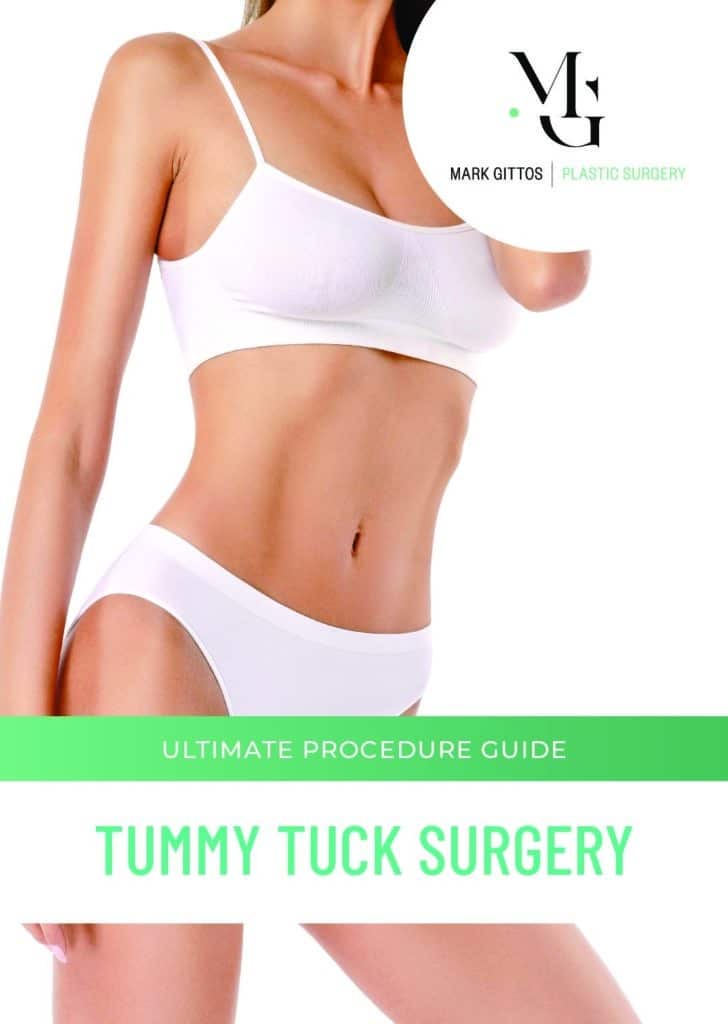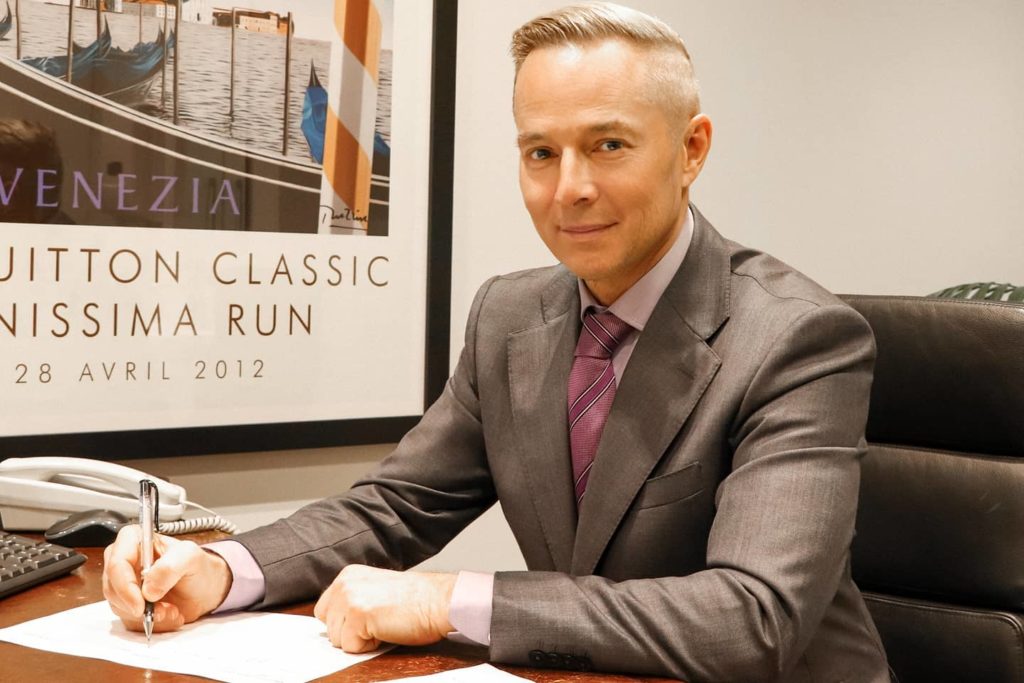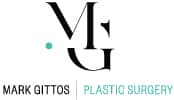Tips for Recovery after Tummy Tuck
Getting an abdominoplasty is a significant decision in anyone’s life. It’s a procedure that helps tighten the muscles in your abdomen, giving it a flatter and firmer appearance. You’ve done the hard part, making the choice and going through with the surgery. Now, it is time for recovery, a phase as important as the surgery itself.
Recovery after tummy tuck is not just about letting time pass; it is about nurturing your body and giving it the right environment to heal properly. This blog aims to be your guide, walking you through what to expect during the recovery period and offering tips to make this time as comfortable as possible. Whether it’s the first few hours or the following weeks, knowing what to anticipate can alleviate concerns and help you prepare mentally and physically for the healing process.
Dr Mark Gittos is renowned in New Zealand as a plastic surgeon specialising in breast and body contouring procedures.
Download Dr Mark Gittos’ Guide to Tummy Tuck Surgery – Abdominoplasty

What to Expect Right After the Tummy Tuck Surgery
As you wake up from the anaesthesia, you might feel a bit groggy and disoriented. This is perfectly normal. At this stage, your primary concern should be to rest and allow your body to initiate the healing process.
You will notice that your abdomen is wrapped in bandages to support the newly sculpted region and to minimise swelling. Underneath, there might be drains placed to help remove excess fluid. Keeping a close eye on the drains and being aware of how to manage them is key.
Pain management is a vital aspect of this initial phase. Your plastic surgeon will prescribe painkillers to help keep you comfortable. Do ensure to take them as advised and not to endure unnecessary pain, as controlling discomfort aids in a smoother recovery process.
The first 24 hours
During the initial 24 hours following your abdominoplasty procedure, it is normal to feel a range of emotions and physical sensations as your body begins the healing process. In this early stage, it is vital to have a clear understanding of what to expect to navigate this period successfully. Here are some aspects that generally define the first day post-surgery:
- Physical sensations: Expect to experience some degree of discomfort, swelling, and bruising. It’s completely normal, and your medical team will provide pain management solutions to keep you comfortable
- Mobility: Your mobility will be somewhat restricted during the first 24 hours. It is advised to get up and walk around periodically to promote circulation and prevent blood clots, but do it very gently and under supervision
- Drainage tubes: Depending on your specific surgery, you might have drainage tubes to help prevent fluid build-up in the operated area. These will be temporary and are typically removed within the first week
- Diet: Initially, you will be encouraged to consume liquids and gradually progress to a diet of soft foods. This helps to prevent any strain on your digestive system while it is still in a delicate state post-surgery
- Rest: Taking sufficient rest is key. Ensure you have a comfortable space to relax, where you can keep your upper body slightly elevated to help reduce swelling
- Hygiene: Keeping the surgical area clean is important. You might have specific instructions from your surgeon on how to maintain hygiene without putting a strain on your fresh scars
- Support system: It’s advisable to have a support system in place, be it family or friends, to assist you with basic tasks and provide emotional support
- Emotional reactions: You might find yourself experiencing a mix of emotions, which is quite normal. Feelings of elation or concern are common as you are seeing the initial results while dealing with the immediate post-operative appearance
- Medications: Your plastic surgeon will prescribe certain medications to manage pain and prevent infection. Make sure to take these as instructed to aid in your recovery process
In this first day, it’s all about giving yourself the permission to rest, take it slow, and allow your body the time it needs to initiate healing.
Short-term Recovery after Tummy Tuck
In the days and weeks following your abdominoplasty, it is vital to be attuned to the changes and signals your body is giving you. You’ll likely start regaining your mobility bit by bit, but it is vital to avoid overexerting yourself during this sensitive time.
Swelling and bruising are common occurrences and it’s a normal part of the healing process. You might be advised to wear a compression garment to support the abdomen and to reduce swelling. It’s important to wear it as instructed to facilitate better healing.
Your diet plays a significant role in aiding your recovery. Opting for meals rich in nutrients and vitamins can foster a smoother healing process. Including foods high in protein can be particularly beneficial, as protein aids in cell regeneration and can speed up the healing process.
You’ll have follow-up appointments with your plastic surgeon to track your recovery progress. During these visits, Dr Mark Gittos will check the incision sites, possibly change your bandages, and provide guidance on how to take care of the surgical wounds to prevent infection.
Hygiene is paramount during this phase to avert any possible infections. Cleaning your incision areas gently and as advised by your healthcare provider is a must.
In the midst of all this, do not forget to take care of your mental well-being. It is normal to feel a bit low or anxious. Stay connected with loved ones and share your feelings and progress with someone you trust. Remember, recovery is not just physical, but also an emotional journey.
Long-term Recovery after Tummy Tuck

As you approach the weeks and months mark post-surgery, you will notice a gradual return to normalcy. While it is a promising phase, remembering that patience is vital can’t be emphasised enough.
During this period, the initial swelling and bruising will have significantly reduced, unveiling the new contours of your abdomen. You might find it tempting to resume your regular high-intensity activities, but it is advisable to reintroduce them gradually. Starting with light exercises and monitoring how your body responds is a safe strategy.
Scar management will be a focal point during this phase. While scars from the surgery will never completely vanish, they will fade over time. Following your plastic surgeon’s guidance on scar care, which might include applying specific ointments or massaging the area gently, can aid in reducing the appearance of the scars.
While it is a gradual process, reintroducing yourself to work and daily activities is a major milestone in your recovery journey. Be open with your employer about your limitations and ensure you don’t take on too many responsibilities too soon. Balance is key.
In line with taking things step by step, it’s recommended to slowly reintroduce different food groups back into your diet. While taking it easy on your digestive system, make sure your diet is rich in fibres to aid in digestion.
As you navigate this recovery period, it’s essential to constantly communicate with your plastic surgeon, reporting any concerns or abnormalities promptly. His guidance will be your cornerstone, helping to foster a safe and effective recovery journey.
Tips for a Smooth Tummy Tuck Recovery
Recovery after an abdominoplasty is a meticulous process that demands both time and patience. Here, we provide you with some straightforward tips that can help in nurturing a smooth recovery process.
Firstly, hydration is important. Drinking sufficient water can not only help in flushing out toxins but also aid in reducing swelling more swiftly. It supports overall bodily functions, which is vital during recovery.
Rest is non-negotiable. While you might feel the urge to return to your normal routine, it is imperative to allow yourself sufficient time to heal. Proper sleep aids in recovery, fostering faster healing and rejuvenating your system.
Maintaining a balanced diet is equally important. Incorporate fresh fruits, vegetables, and lean proteins in your meals. These nutrients foster healing by providing your body with the necessary vitamins and minerals needed for recovery.
Let’s talk about mobility. While resting is important, so is gentle movement. Engaging in light exercises, such as walking, can prevent complications like blood clots and facilitate better circulation. However, always consult with your plastic surgeon before introducing any form of exercise.
A positive mindset can work wonders during this period. Surround yourself with supportive individuals who understand your journey and can offer encouragement and help when needed.
Lastly, follow your plastic surgeon’s advice diligently. They are your best guide, understanding your individual needs and directing you towards a successful recovery.
FAQs about Tummy Tuck Recovery

What is the typical recovery time for a tummy tuck?
- The typical recovery time for a tummy tuck varies from patient to patient. Most individuals can return to non-strenuous activities within 2-3 weeks. A full recovery, especially for more strenuous activities or exercise, may take 6-8 weeks or longer.
Will I have a scar after a tummy tuck?
- Yes, a tummy tuck will result in a scar, located low on the abdomen, running from hip to hip. The visibility of the scar can vary based on surgical technique, individual healing, and post-operative care. Over time, with proper care, the scar may fade but will not disappear completely.
What can I do to minimise swelling after the procedure?
- To minimise swelling, it’s recommended to wear a compression garment as advised by your plastic surgeon, elevate the legs when resting, avoid salt-heavy diets, and drink plenty of water. Gentle walking can also help reduce swelling by promoting circulation.
When can I resume exercise after a tummy tuck?
- Light activities such as walking can be resumed within a few days to a week. However, more strenuous exercises, especially those targeting the abdominal area, should be avoided for at least 6-8 weeks or until your plastic surgeon gives the green light.
How can I manage pain during the recovery period?
- Pain is a common side effect after a tummy tuck. Dr Mark Gittos will likely prescribe pain medications to help manage discomfort. Over-the-counter pain relievers, ice packs, and rest can also help alleviate pain. Always consult with your plastic surgeon before taking any medications.
Are there any complications I should be aware of during recovery?
- While complications are rare, they can occur. Some potential complications include infection, bleeding, poor wound healing, and seroma (fluid accumulation). It’s essential to follow post-operative instructions and attend all follow-up appointments to monitor healing and catch any issues early.
When will I see the final results of my tummy tuck?
- While you’ll notice a flatter abdomen immediately after the procedure, the final results may take several months to become apparent due to swelling and healing. As the swelling subsides and the body adjusts, the full benefits of the tummy tuck will become more evident.
Further Reading about Tummy Tuck Surgery with Dr Mark Gittos
- Read Dr Gittos’ Blog about Combining Tummy Tuck and Hernia Repair Surgery
- Read Dr Gittos’ Blog about Fleur De Lis Abdominoplasty
- Read Dr Gittos’ Tummy Tuck Surgery Page
- Read Dr Gittos’ Mini Tummy Tuck Surgery Page
Medical References about Abdominoplasty
- What You Need to Know About Your Abdominoplasty Recovery – American Society of Plastic Surgeons
- What to Know About Recovery from a Abdominoplasty – WebMD
- Abdominoplasty (abdominoplasty) – NHS
- Abdominoplasty Recovery: Timeline and Tips – Medical News Today
- Abdominoplasty – Aftercare & Recovery – The Aesthetic Society
About Dr Mark Gittos FRACS (Plast) – New Zealand Plastic Surgeon
Practice locations in Herne Bay Auckland, Northland and Bay of Plenty – Kerikeri, Whangarei, New Plymouth & Tauranga
Dr Mark Gittos is a leading Specialist Plastic Surgeon and operates a practice in Herne Bay, Auckland and in the UK. The practice focuses on both surgical and non-surgical procedures, each designed to help restore, improve or change a physical characteristic or problem. The first step in every case is to talk through your personal requirements and explore all the options, before deciding on the most effective solution.
Dr Mark Gittos offers high quality, natural-looking cosmetic surgery results and is highly experienced in Breast, Body and Face Surgery having performed over 4000 Surgeries in the last 26 years. With worldwide expertise Dr Gittos is an expert in breast, face and body surgery for men & women.
Naturally, before any treatment is begun, we will explain clearly the advantages and risk factors; so that you have the information you need to make an informed decision that is best for you. Visit the practice to find out more.

NEXT STEPS
Please NOTE: Dr Gittos only performs surgery on non-smoker patients with a BMI less than 30. To check your BMI please visit the NZ Heart Foundation website. For help giving up smoking before surgery visit the Smoke Free website
Do your Research
- Read the Website and Blogs relevant to your procedure
- Browse our Frequently Asked Questions including how to choose a Surgeon for your procedure
- Download and read the FREE Guides to Surgery
What to Bring to your Plastic Surgeon Consultation
- Bring a friend or relative to help discuss the information and your choices
- Take lots of notes and read the documents provided thoroughly
- Dress in simple clothes as you may need to undress for examination
- Bring your medical referral and any relevant medical documents or test results
Book your Initial Surgery Consultation
- A Referral from your GP or specialist is helpful but NOT essential – you can have a consultation without a GP Referral
- Email us or Call on 09 529 5352 to arrange your surgeon consultation appointment.
- Book a consultation with Dr Gittos by paying the Consultation Fee – $350 incl GST
Traveling for Surgery? – Consider post-surgery luxury recovery in a Hotel with LuxeCare
Please contact us to arrange to book a consultation with our Specialist Plastic Surgeon or to speak with our Patient Care Advisor.
Send an enquiry form today or phone 09 529 5352 during Clinic Hours
